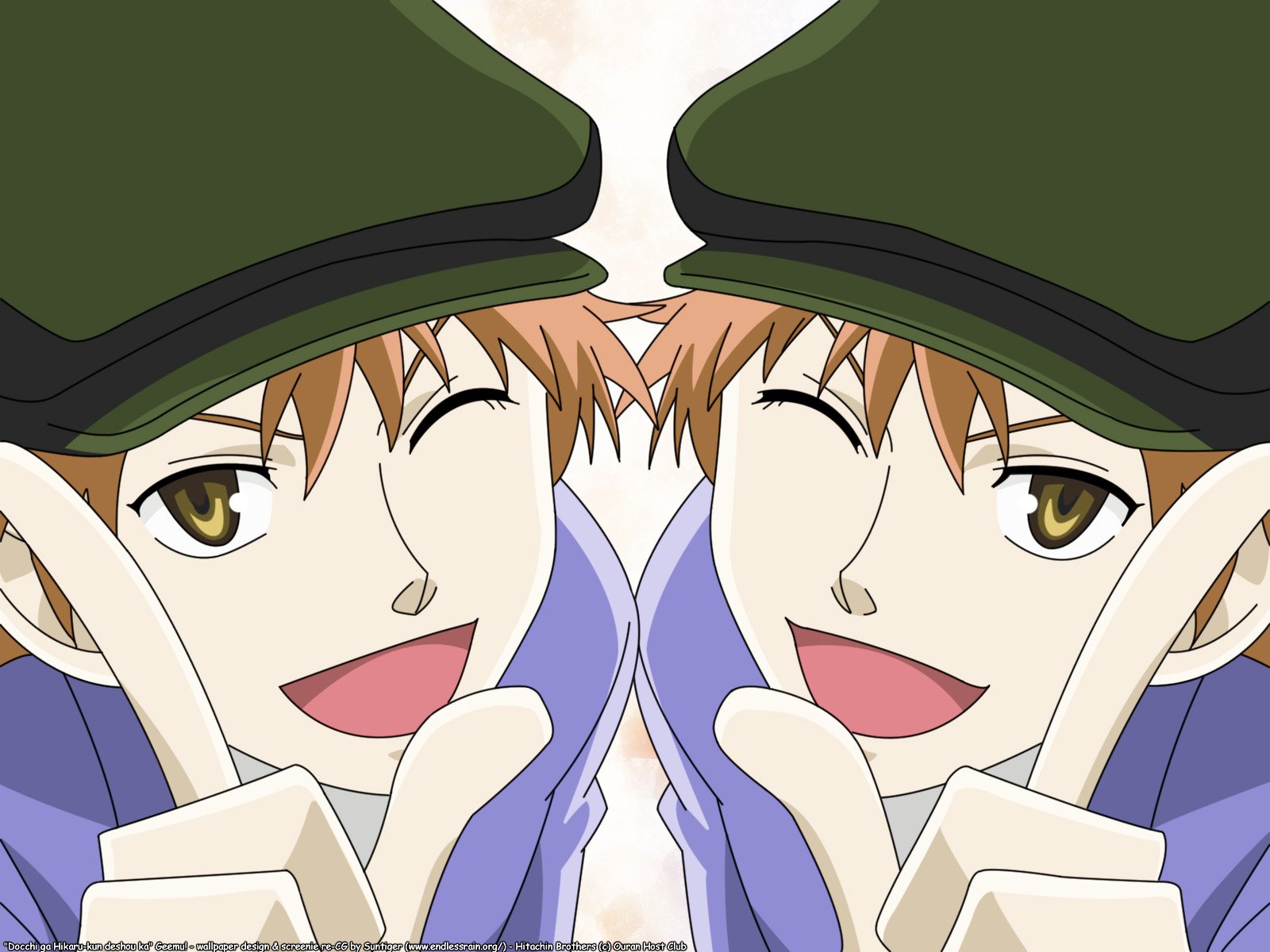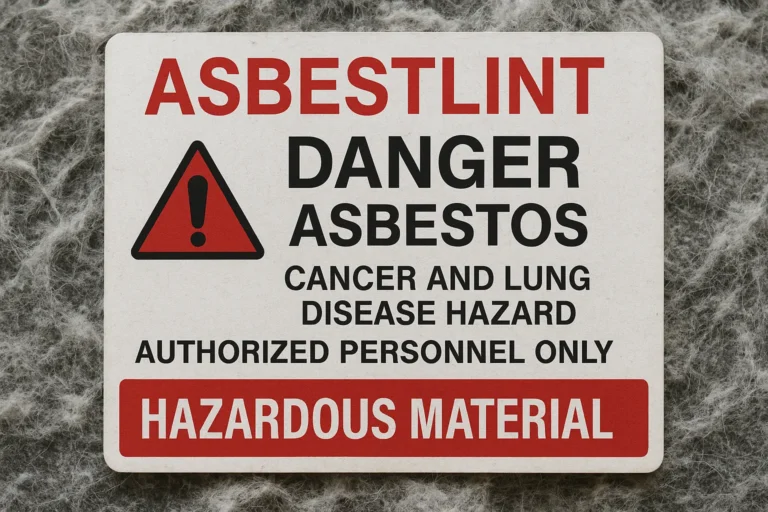Funny Laws in Japan: A Complete Guide to Japan’s Strangest Legal Rules
Japan is admired for discipline, order, and respect for tradition. Yet, beneath the strictness of its social systems, the country enforces some unusual and funny laws. These rules often surprise travelers and sometimes even locals. They cover dancing, waistlines, bicycles, tattoos, and even deer feeding.
This guide explores these strange Japanese laws, their origins, and their cultural significance.
Public Behavior Laws in Japan:
Ban on Late-Night Dancing
The Fueiho Law (風営法) once prohibited dancing in clubs after midnight. The law was created in 1948 to control prostitution and nightlife crime. Until amendments in 2015, even Tokyo clubs shut down dance floors before dawn. This remains one of the most famous funny laws in Japan.
Prohibition on Loud Noise
Cities like Tokyo regulate noise at night. Singing, shouting, or playing instruments between 11 p.m. and 6 a.m. can result in fines. This protects residents in crowded neighborhoods.
Law Against Spitting
Municipal rules in Osaka and Kobe ban spitting on streets. Fines of 1000–2000 yen maintain hygiene. These rules reflect Japan’s cultural emphasis on cleanliness.
Appearance and Dress Restrictions:
Tattoos in Public Baths
Many onsen (hot springs) and sento (public baths) ban people with visible tattoos. Tattoos historically link to the yakuza, leading to refusal of entry. Some facilities now allow small tattoos if covered.
Cosplay Restrictions
While cosplay thrives in Akihabara and Harajuku, Nagoya requires permits for large gatherings. Sidewalk blockages without permission attract fines.
Transportation Laws:
Ban on Umbrella Use While Cycling
Cyclists cannot hold umbrellas while riding. Police issue fines of 5000 yen. Many riders use plastic bike covers or umbrella holders instead.
Double Riding Prohibition
The Road Traffic Act bans two people on one bicycle. Only children under six in safety seats are exceptions. This law prevents accidents on narrow streets.
Proof-of-Parking Rule
Residents must prove they own a parking space before registering a car. Police enforce the rule strictly. Illegal parking in Tokyo leads to towing and heavy fines.
Food and Lifestyle Laws:
Eating While Walking Ban
Cities like Nara and Kamakura discourage eating while walking. The rule prevents littering near cultural sites. Tourists eating ice cream on temple streets risk fines.
Deer Feeding Restrictions
Nara Park allows feeding only shika-senbei (deer crackers) sold at stalls. Feeding bread or snacks is illegal and fined.
Honest Food Advertising
Japanese law prohibits false claims about food. Restaurants cannot exaggerate calorie values or organic labels. Fines reach over one million yen.
Technology and Media Laws:
Obscenity Regulations
Article 175 of the Penal Code bans obscene content distribution. Adult media must blur explicit details. Possession is allowed, but production faces regulation.
Video Game Restrictions
Tokyo ordinances restrict violent video games for minors. Osaka bans minors from game arcades after 10 p.m. This law surprises many gamers.
Work and Professional Life Laws:
Lost Property Reporting
Citizens must report lost property to police. Finders can receive 5–20% of the item’s value as a reward. This law supports Japan’s global reputation for honesty.
Overtime Work Restrictions
The Labor Standards Act limits overtime to 45 hours per month. Violations by employers face penalties. However, karoshi (death from overwork) remains a cultural issue.
Health and Personal Life Laws:
Waistline Measurement Law
The Metabo Law of 2008 enforces annual waistline checks. Men must remain under 85 cm and women under 90 cm. Employers provide health counseling for those above the limit.
Smoking Restrictions
Cities like Chiyoda in Tokyo ban street smoking. Fines of 2000 yen apply outside designated smoking areas. The law protects pedestrians in crowded zones.
Nature and Cultural Laws:
Cherry Blossom Protection
Breaking branches, picking flowers, or climbing sakura trees during hanami season is illegal. Police patrol parks like Ueno and Yoyogi to enforce this rule.
Whale and Dolphin Regulations
Japan enforces seasonal bans on whale and dolphin hunting in certain zones. Laws mix cultural tradition with international conservation pressure.
Shrine Footwear Rules
Temples in Kyoto ban high heels and sharp shoes to protect wooden floors. Tourists often see signs at shrines like Fushimi Inari.
Funny Laws in Japan: Quick Comparison Table
| Law / Regulation | Location | Reason | Penalty |
|---|---|---|---|
| No late-night dancing | Nationwide (until 2015) | Control nightlife crime | Fine/closure |
| Ban on spitting | Osaka, Kobe | Hygiene | ¥1000–¥2000 |
| No tattoos in onsen | Nationwide | Anti-yakuza | Refusal of entry |
| No umbrella while cycling | Nationwide | Safety | ¥5000 fine |
| Proof-of-parking for cars | Nationwide | Space limits | Denied registration |
| Eating while walking | Nara, Kamakura | Cleanliness | Local fines |
| Only deer crackers allowed | Nara Park | Animal health | Fine |
| Waistline checks | Nationwide | Public health | Mandatory guidance |
| Street smoking ban | Tokyo wards | Pedestrian safety | ¥2000 fine |
List of the Strangest Japanese Laws:
-
Enforce dancing curfew under Fueiho Law.
-
Restrict cosplay without permits.
-
Prohibit eating on temple streets.
-
Ban umbrella use while cycling.
-
Require proof of parking space for car ownership.
-
Restrict tattoos in hot springs.
-
Protect deer diets in Nara Park.
-
Enforce waistline measurement through Metabo Law.
-
Prohibit street smoking in Tokyo wards.
-
Protect cherry blossom trees with patrols.
FAQs About Funny Laws in Japan:
Q1. Why was dancing banned in Japan after midnight?
The Fueiho Law banned late-night dancing to reduce prostitution and gang crime linked to dance halls.
Q2. Can tourists with tattoos enter hot springs?
Many onsen refuse entry to tattooed visitors, but some allow covered tattoos or have tattoo-friendly policies.
Q3. Is eating while walking illegal everywhere in Japan?
No, the rule applies mainly in cultural cities like Nara and Kamakura to prevent littering.
Q4. What is the Metabo Law?
It is a health law introduced in 2008 that enforces annual waistline checks for adults to fight obesity.
Q5. Do Japanese people follow the spitting ban strictly?
Yes, cities like Osaka and Kobe enforce fines to maintain hygiene in public spaces.
Q6. Why are deer crackers regulated in Nara?
Special crackers are safe for digestion, unlike bread or processed food which can harm deer.
Conclusion:
Funny laws in Japan reveal more than humor; they show the nation’s deep respect for order, health, culture, and cleanliness. From waistline checks to deer feeding rules, every regulation has context. Tourists who understand these laws gain insight into Japanese society while avoiding fines.







